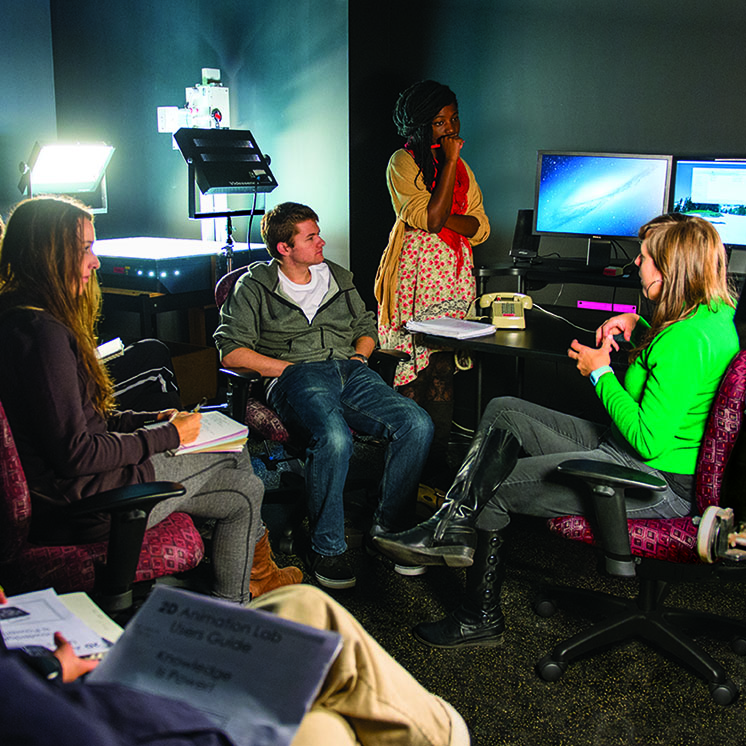Shipwrecked! Maritime Disasters and Their Lessons for Management
Spring 2016 quarter
Taught by

From the Titanic, to the Edmund Fitzgerald to the Costa Concordia , modern-day shipwrecks have captivated us all. But what can we learn from these disasters? Students in this program will study not only the specifics of these and other maritime tales of loss and woe, along with their pop-culture fallout in music, film, and other media, but also the lessons they offer for effective management in business, military, and other high-stakes "mission-based" projects in structured social environments. The captain on the bridge of a ship shares many commonalities with the manager of a health care team, the owner of a business, a union leader, a military officer, the head of a household, or anyone else in a leadership position. If you want to hone your leadership skills--or better understand the ways in which social organizations can succeed or fail--then this class is for you.
Modern shipwrecks will constitute the metaphorical lens through which we consider these matters, and numerous case studies of maritime failure will be our main focus. In addition, we will review nautical history, geography and cartography, navigation, some basic physics, and study the evolution of maritime technology, which has allowed for both extraordinary advances and colossal blunders. We will also consider and critique the ways in which modern shipwrecks have been included in popular culture, from Gordon Lightfoot's emblematic "Wreck of the Edmund Fitzgerald" and James Cameron's Titanic , to the plight of the small boat pleasure-cruiser in Robert Redford's All is Lost .
But the broader theme of the program will be not only understanding how and why certain modern shipwrecks have come to pass, but what specific "breakdowns" in social coordination help to explain them, and how one might avoid similar breakdowns in a range of environments, at sea or otherwise. Ships' captains and their crews have long stood as metaphors for other structured social undertakings. This program will offer a rich theory-to-practice study plan relevant to anyone hoping to assume a leadership role in a mission-driven social environment, and wanting to better understand how mission-driven social organizations can succeed--or fail--in reaching their goals.
Credits may be awarded in Maritime Studies, Organization & Management, History, and Anthropology.
Program Details
Fields of Study
Preparatory for studies or careers in
Academic Website
Location and Schedule
Campus location
Olympia
Schedule
Offered during: Evening
Advertised schedule: Mon and Wed 6-10p. First meeting March 28, 6p, Seminar 2 C4107.
 my.evergreen.edu
my.evergreen.edu

 Spring
Spring